Get fit with diabetes: 8 exercise mistakes to avoid
New to exercise? Watch out for these common exercise errors to prevent injury.

When you learn how to do something for the first time, mistakes can happen. This is especially true for exercise beginners—and sometimes even exercise veterans. Exercise mistakes can lead to pain and injury, so it's important to listen to your body and understand your limits. Creating a successful exercise routine is a process. As you grow in your fitness, you'll learn to adjust. Save time and trouble with these tips to avoid exercise mistakes and potential injuries.
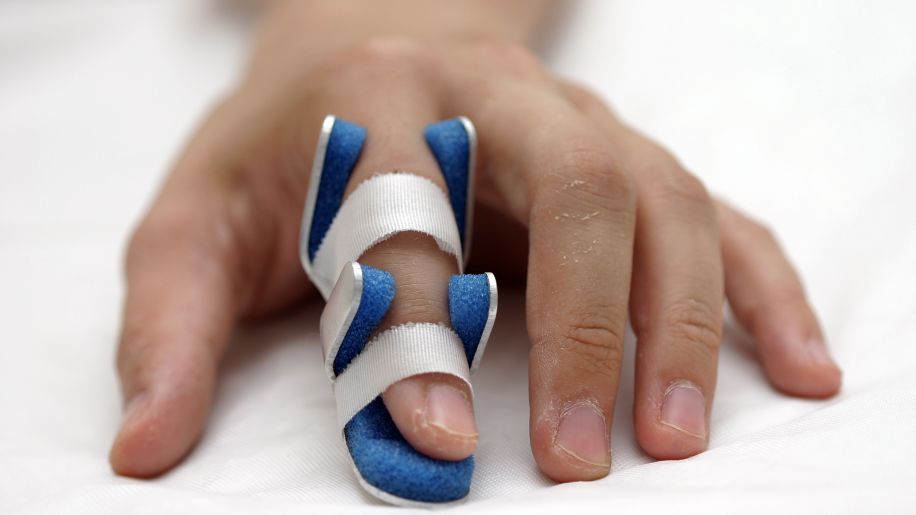
Too Much Too Soon
The excitement you develop for exercising might lead you to do too much too soon. Whether you're doing more exercise than you're ready for or not listening to your body, it will eventually come back to haunt you. What does it mean to listen to your body? Fitness expert Jason Karp, PhD, says this takes experience. Listening to your body comes down to acquiring a sense of what feels good and what doesn't or knowing when to work harder and when to back off. Work out within your fitness levels and build up slowly. If you've been sedentary for awhile, it will take time to build your fitness. Just remember to be patient, be consistent in your exercise and eventually your hard work will pay off.
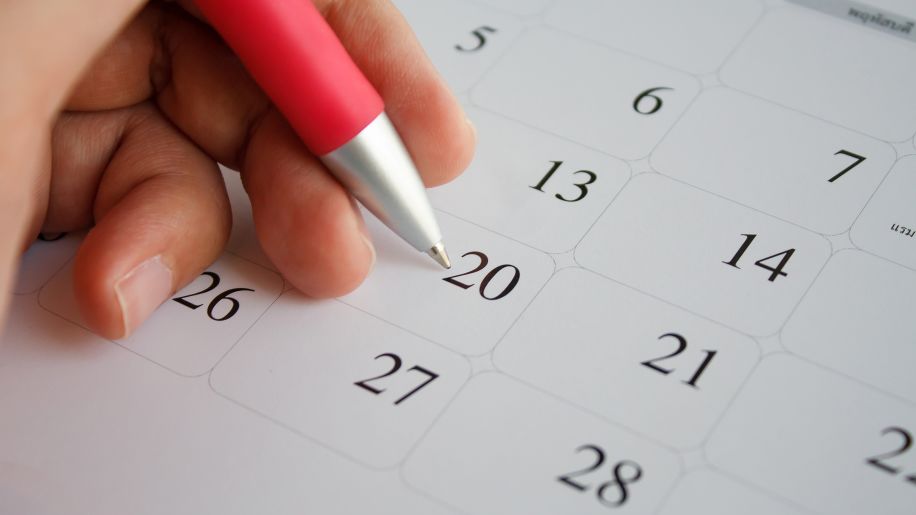
Poor Planning and Goal Setting
The best intentions will only get you so far. It takes diligent planning to execute a successful workout routine and maintain an active, healthy lifestyle. Karp says one of the most common mistakes beginners make is not having a workout plan. "They just do whatever and expect results," Karp says. Instead he encourages exercisers to set short-term goals that are used as stepping stones toward long-term goals. This advice applies to many things life beyond exercise. With proper planning, you'll be less discouraged and more likely to succeed.
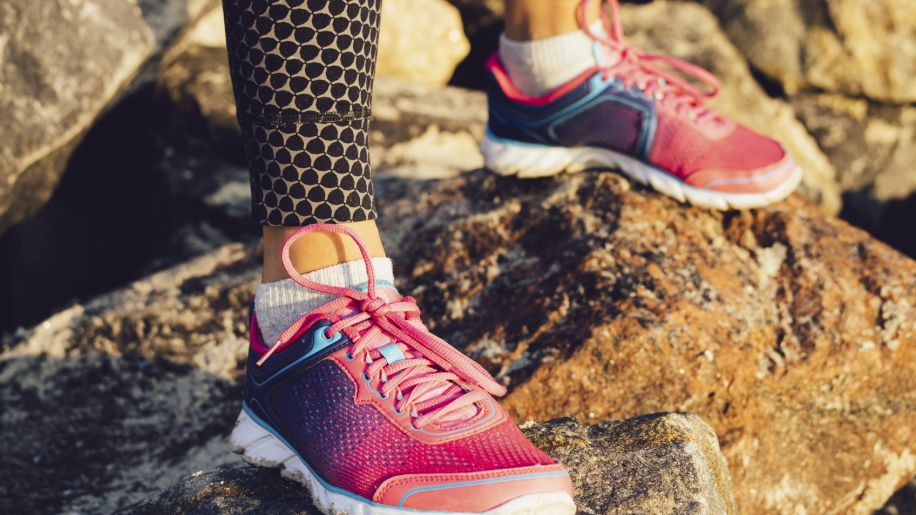
Wrong Workout Gear
Many people think the right workout gear may not matter, but it does. From properly fitting running shoes to the right training weights, the gear you choose to use or wear can greatly impact your fitness results. Even the right workout clothes can make you feel more comfortable or prevent chafing. If you are starting a walking or running exercise routine, proper running shoes are essential. Sometimes opting for the cheapest pair or a pair that look pretty can be a big mistake. Take time to visit an athletic store and try on several pairs of shoes to find the right fit.
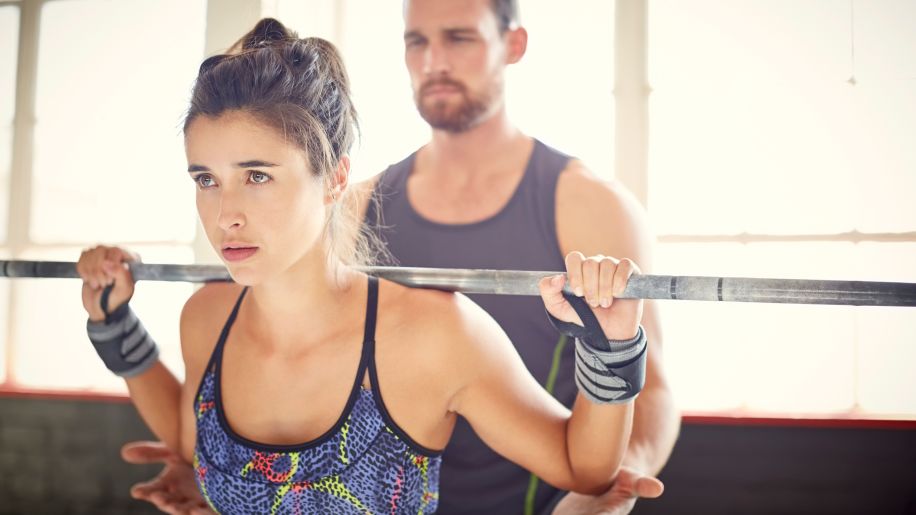
Poor Exercise Form
Karp notes that another common mistake beginners often make is not taking the time to learn how to use gym equipment and get the best results. From walking posture to weight-lifting techniques, there is proper exercise form involved in any exercise that you do. Work with a personal trainer or coach to understand the unique nuances about exercise form for your specific workout. Once you've mastered form, you'll become more efficient in your movements and lower your risk of injury.
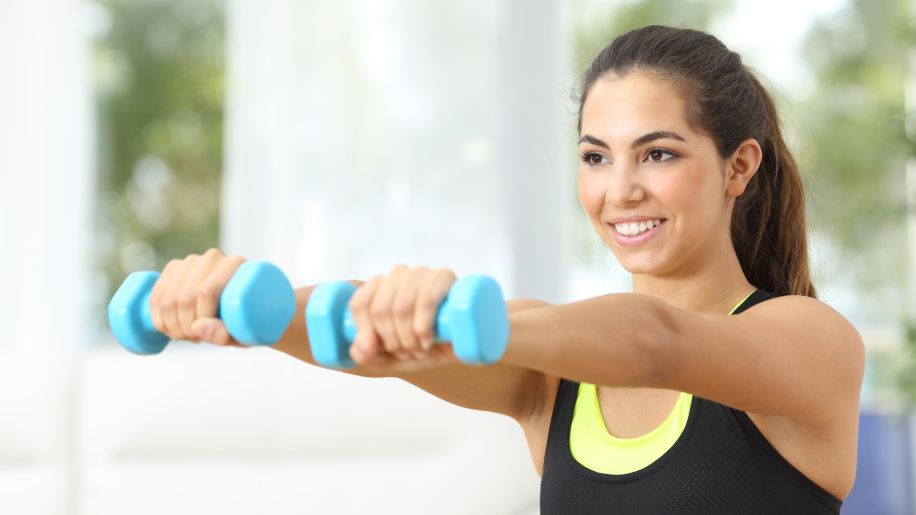
You Don't Mix It Up
Many people underestimate the importance of variety when it comes to your workout routine. If you're also going the same speed, walking the same distance or doing the exact same workout day after day, you're not as likely to grow and see results. When you get stagnant or too comfortable, your development stops. Doing the same thing over and over again can also make your bored. Keep your workout routine fresh with group exercises, different walking or running routes and other exercise variations.

You Think Negatively
It's natural for negative thoughts, self-doubt and even excuses to creep into your head as you go through a fitness journey. Put a stop to it right now! If you're underestimating yourself or becoming your own worst enemy, take a step back and reflect. When it comes to exercise, your mental attitude matters as much as your physical abilities. This mental game with yourself can become an obstacle if you don't address it. Get support from others. Focus on your small successes. Try positive affirmations or find different ways to encourage yourself.

Poor Nutrition
What you eat matters, especially when fueling for exercise. The National Academy of Sports Medicine suggests eating a healthy diet low in processed sugars and refined carbs. Load up on fruits, vegetables and lean protein to keep your energy up. Getting enough water and proper nutrients can be the difference between a great workout or feeling sluggish. For people with diabetes, nutrition is extra important because blood glucose levels are sensitive to the effects of exercise. Plan your meals and snacks ahead of time. If you don't know where to start, work with a dietitian to develop a plan just for you. If your workouts are struggling, nutrition could be the missing link.

You Don't Rest Enough
When you get into the groove of an exercise routine, you might forget about resting. Getting enough rest means sleeping enough hours each night, but also taking full rest days from exercise. Rest and recovery days are crucial. "All the adaptations to exercise happens during recovery, not during the workouts themselves," says Karp. "Muscle tissue grows stronger than it was before, new proteins are created to enhance metabolism functioning, and so on." The National Academy of Sports Medicine highly encourages rest days as a way to recharge both mentally and physically. Proper recovery will also lead to better progress and results. Make rest and recovery a priority to avoid burn out and fatigue.
Featured Content

article
